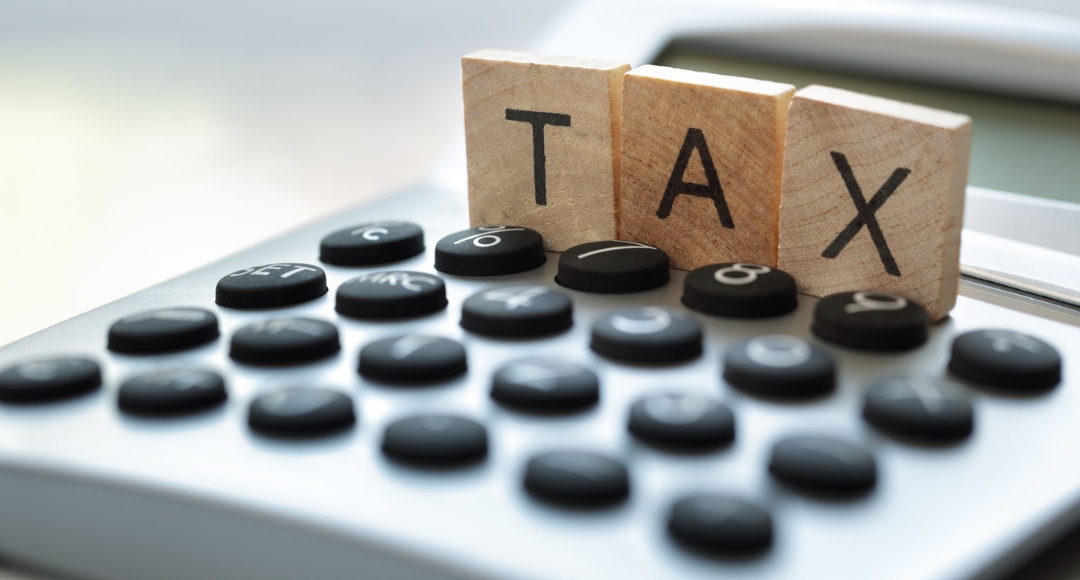Income Tax Alert: In today’s fast-paced world, most of us rely on our savings accounts for everyday transactions, whether it’s receiving payments, sending money to family, or withdrawing cash when needed. But did you know that there’s a limit to how much cash you can deposit or withdraw in a year without attracting the attention of the Income Tax Department?
Why This Rule Matters More Than You Think

This is not just a technical rule buried in some law book, it’s a serious matter that can affect your financial record. According to personal finance experts, if you deposit or withdraw more than ₹10 lakh in cash in a single financial year in your bank savings account, your bank is legally bound to report it to the Income Tax Department. It doesn’t matter if this amount is spread across multiple transactions or different accounts; if the total crosses ₹10 lakh, it could raise a red flag.
One Wrong Step Could Bring an Income Tax Notice
Imagine this: you are simply managing your finances, but unknowingly, you cross the threshold and suddenly find yourself receiving an Income Tax notice. That’s the kind of stress no one wants. It’s important to be aware that under the Income Tax Act, transactions over ₹2 lakh in cash from a single person in one day are not permitted. Even for individual events or occasions, accepting more than ₹2 lakh in cash from someone can trigger tax implications.
PAN Card Requirements and Reporting Norms
The CEO of Tax2win, Abhishek Soni, explains that these are classified as ‘high-value transactions’. Banks and financial institutions are required by Section 114B of the Income Tax Act, 1962, to report such activities to the tax authorities. And yes, if you’re depositing more than ₹50,000 in cash in a single day, you must provide your PAN (Permanent Account Number). If you don’t have a PAN, you’ll need to submit Form 60 or 61 instead.
How to Stay Safe and Avoid Tax Trouble

Now, if you do get a notice from the tax department, don’t panic. What matters is whether you can justify the source of your money. Keep your documentation ready, like your bank statements, investment records, or inheritance papers, so you can explain your transactions clearly and confidently. If you’re ever in doubt, consulting a tax expert is always a smart move. A good advisor can guide you on how to stay compliant and stress-free.
The Bottom Line
At the heart of it, these rules are meant to curb black money and ensure transparency. So if you stay informed and manage your finances carefully, you have nothing to worry about.
Disclaimer: This article is meant for informational purposes only. For any legal or financial advice regarding taxes or income disclosures, please consult a certified tax consultant or legal advisor.
Also Read
Before You Apply for a Loan, Read This About Your CIBIL Score
Gold Prices Hit New Highs: What You Need to Know This Wedding Season
No Market Risk, Just Pure Returns ₹2 Lakh in Post Office FD Gives ₹29,776 Profit





















